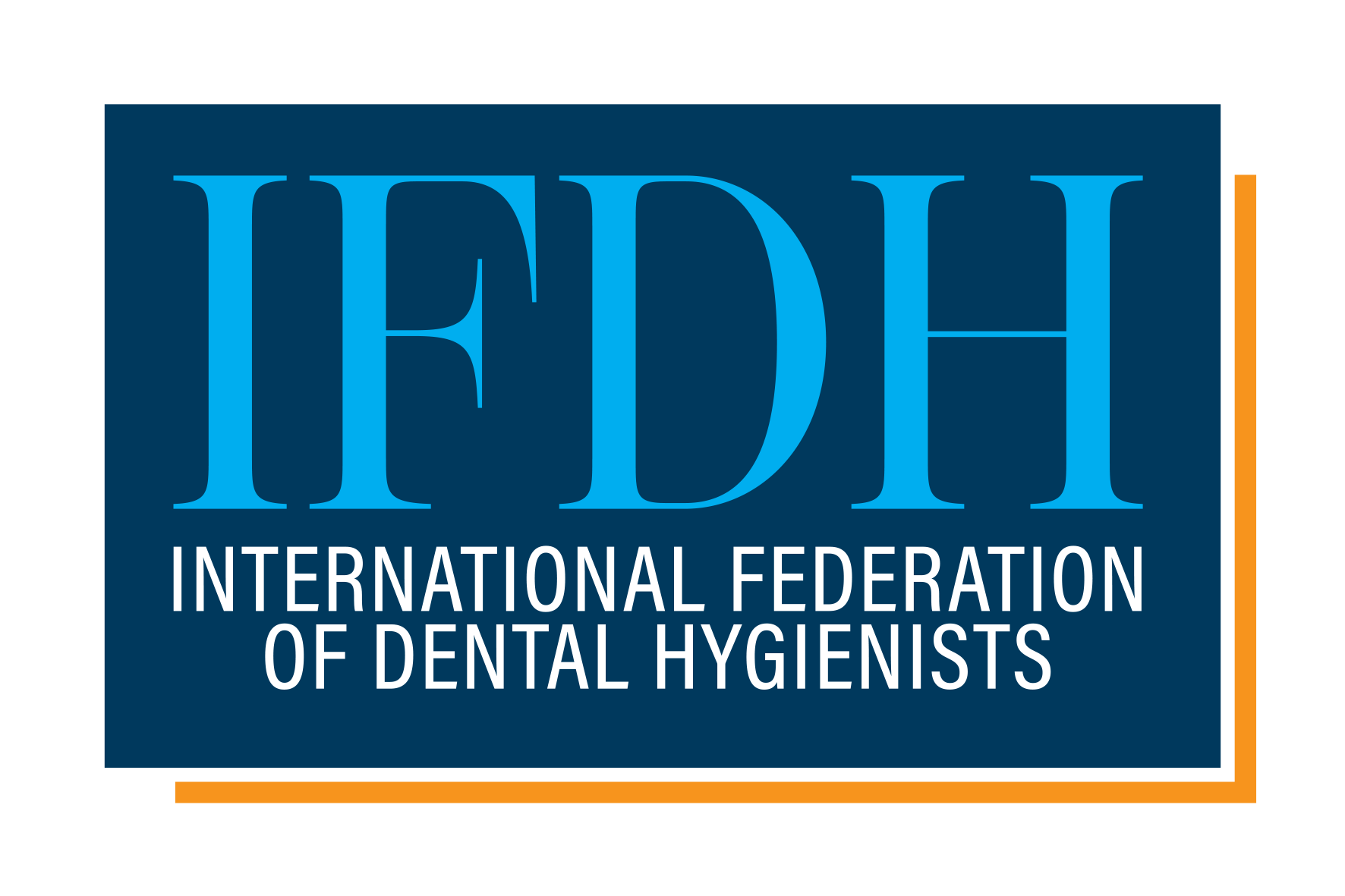IFDH Research Grant Program
The purpose of this program is to promote experience in the research process and dissemination of findings contributing to the dental hygiene body of knowledge.
This grant program will provide small grants for students enrolled in dental hygiene graduate programs conducting thesis research. Students will submit a mini-proposal for consideration. Small grants will be provided (maximum up to $2000) and projects may not be fully funded. Applications are accepted on a rolling basis until all funds are granted.

Process:
Graduate students are to prepare and submit a proposal to include the following content:
- Brief introduction to study topic
- Purpose of study
- Research questions/hypotheses
- Significance of study
- Methods
- Budget
- References
The proposal including introduction to methods section should be no more than 5 pages.
DO NOT INCLUDE YOUR NAME ON THE PROPOSAL, FOR ANONYMITY IN JUDGING.
Criteria for Evaluation:
- Is the purpose clearly stated?
- Is the purpose relevant?
- Will the study add to the dental hygiene body of knowledge?
- Is the research design appropriate to answer the research questions/test the hypotheses?
- Is the budget feasible?
Send Your Application & Proposal via:
MAIL: International Federation of Dental Hygienists
100 South Washington Street, Rockville MD 20850, USA
Email: Coordinator@IFDH.org
Subject: IFDH Research Grant Application
Deadline for Submission: December 15.
2023 Awardees:

Heuiwon Han

Oh Run Kim
Previous Winners
2022 Awardees:

Thomas Knoors






